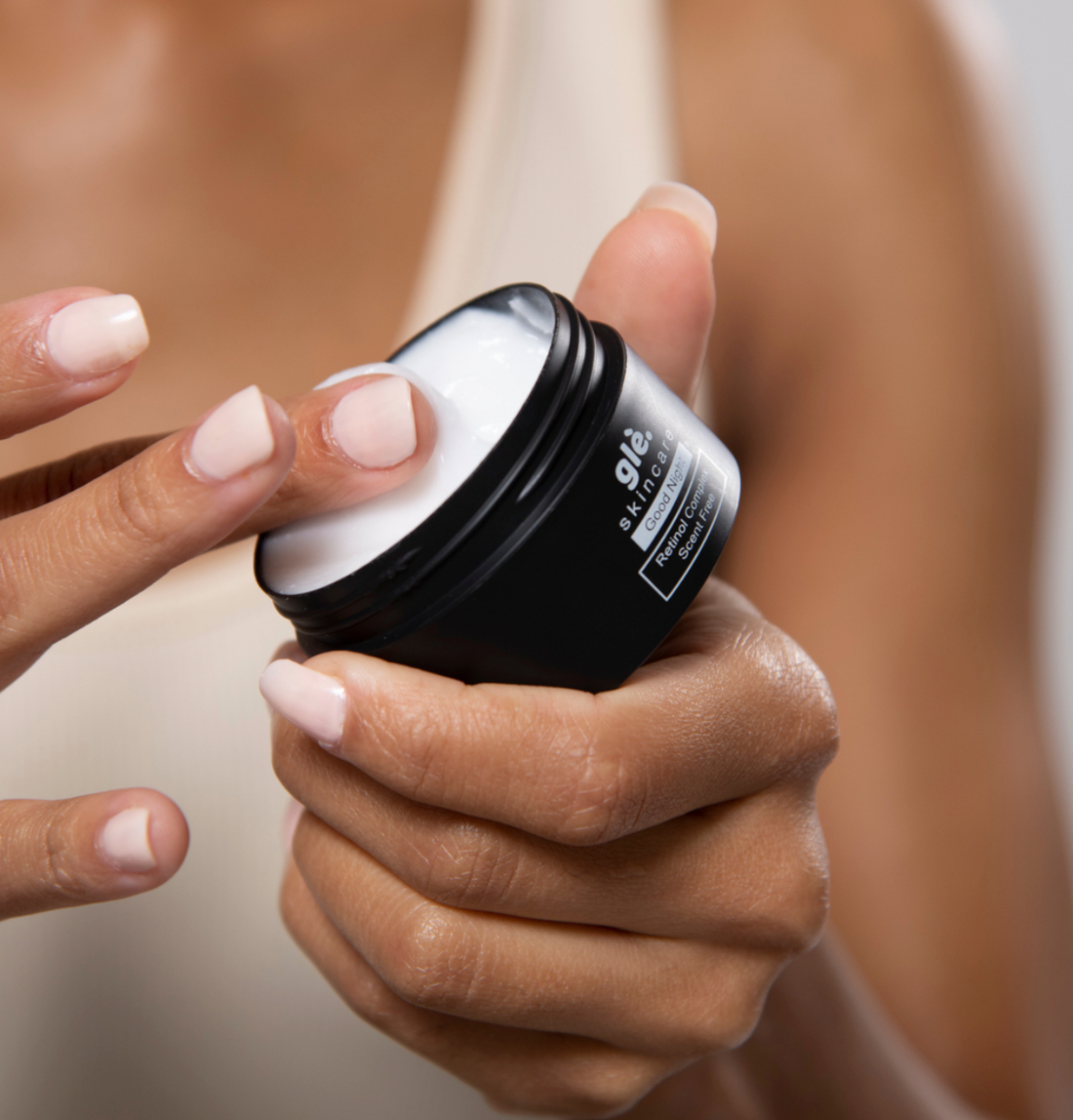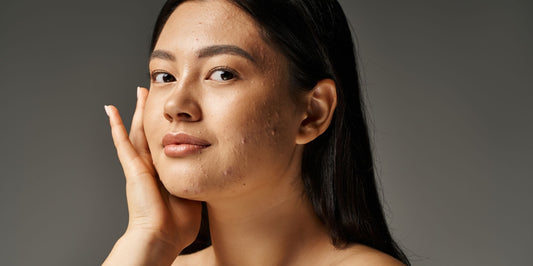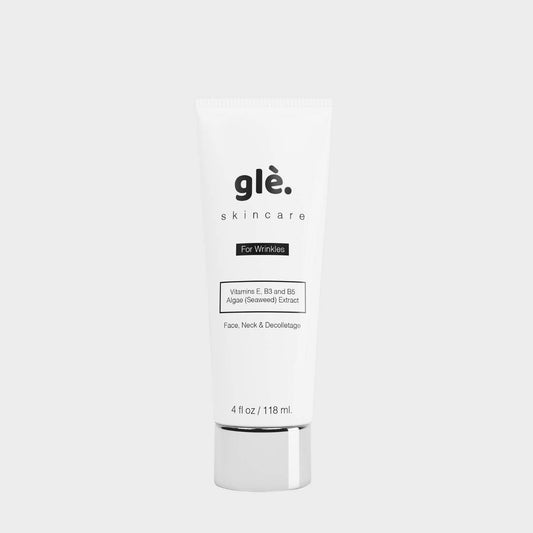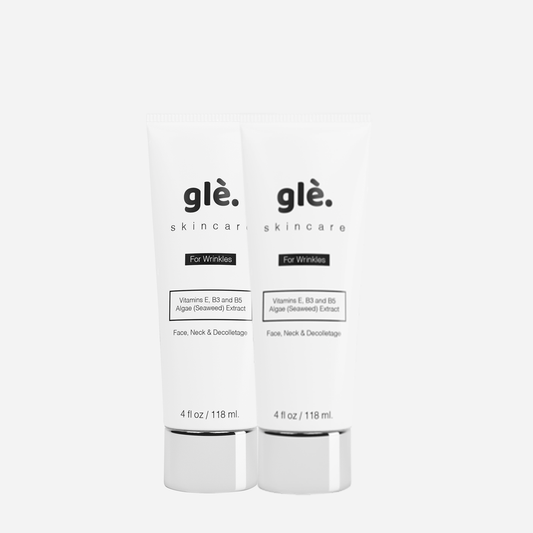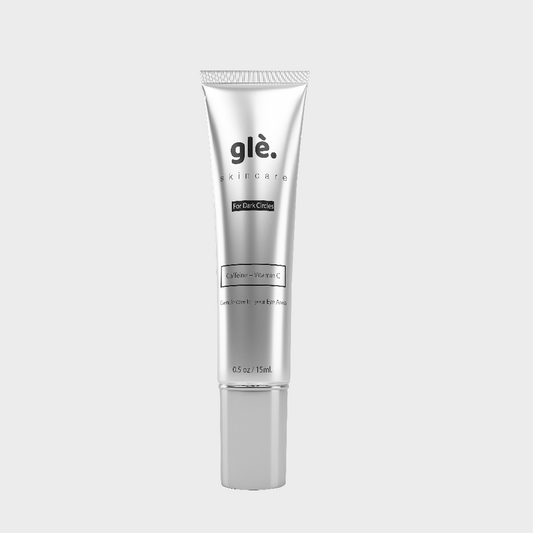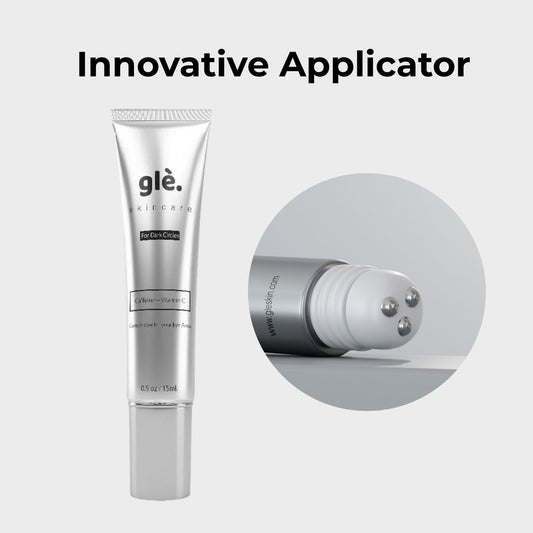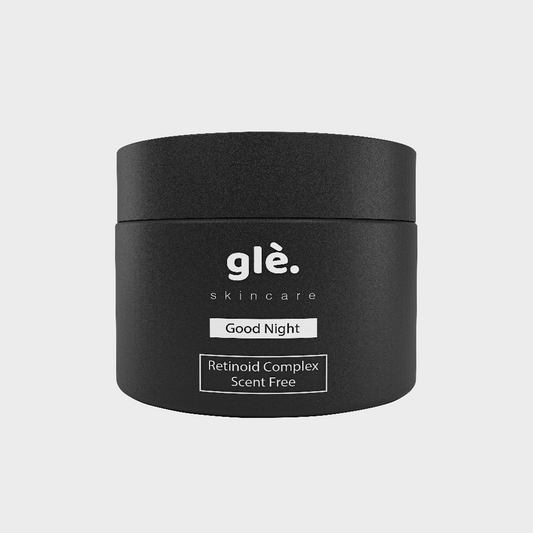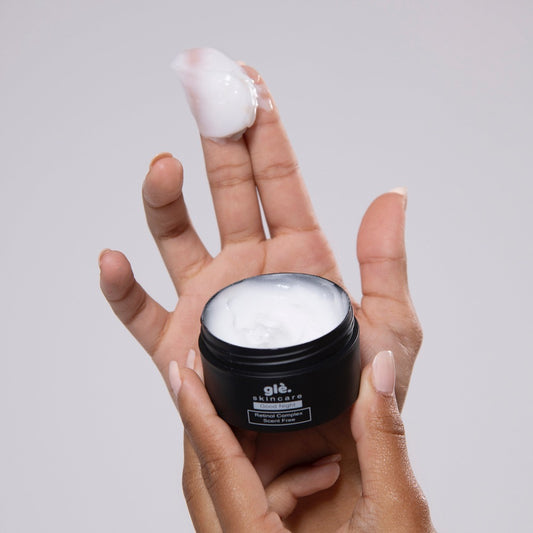Retinol is a form of vitamin A, more specifically described as vitamin A1. It has three primary purposes when added to skincare products: reduce fine lines and wrinkles, eliminate acne, and heal sun damage, but that’s not all it accomplishes. A form of retinoid (a term used for vitamin A byproducts), retinol is the least potent and the most retinoid used in skincare products. We’ll explore the ways retinol can improve your skin health and how you can incorporate it into your skincare routine.
Fights Signs of Aging
Retinol works as an anti-aging treatment. Most people use it to reduce the appearance of fine lines and wrinkles, while others benefit from its ability to remove dark spots. Retinol produces blood flow to the skin, which boosts collagen. In turn, this production of collagen thickens the innermost layer of the skin, which may reduce the signs of aging.
Dark spots caused by sun damage may also be a thing of the past when you incorporate retinol into your skincare routine. Retinol encourages skin cell turnover, which sheds dark spots. Never use it during the day because it will make your skin more sensitive to UV rays. Continue to apply sunscreen during the day and reserve retinol ingredients for your nighttime routine.
Decreases Oil Production & Reduces Acne
Whether you struggle with a more severe case of acne (inflammatory), or a lesser occurrence (noninflammatory), retinol is an ideal ingredient to reduce acne blemishes. When you use retinol products consistently, they can:
- Stop new pimples from developing
- Reduce the appearance of pimples
- Reduce acne blemishes
- Decrease oil production that blocks pores
Additionally, it encourages cell turnover. You probably hear this phrase a lot, but what does it mean in relation to acne?
Essentially, skin cell turnover is the act of new skin cells replacing old skin cells. Acne develops when dead skin cells and oil build-up. Retinol can mitigate this occurrence by shedding dead skin and replacing them with new, healthy cells.
Treats Pigmented Skin
When we think of ingredients that can treat hyperpigmentation, we often think of niacinamide. While niacinamide effectively treats pigmented skin, retinol may also be beneficial.
Many factors cause hyperpigmentation, but it occurs from an increase in melanin, often due to sun exposure. We recommend that you be consistent with retinol products, as they can take up to six months to work – sometimes less, but it all depends on the individual.
How to Use Retinol Products
You will often find retinol products in the form of serums. If your routine already consists of many skincare products, we recommend applying retinol after your toner. Don’t apply toner? Then use retinol after cleansing your face. Make sure your skin is completely dry, so the product doesn’t deeply absorb into the skin (this may cause irritation). Don’t use too much – always follow product instructions.
Next, continue with your moisturizer and other ingredients in your skincare routine.
Don’t forget – this should be your nighttime routine. If you plan to go out in the sun, don’t use retinol products. Again, this can lead to sun damage, even after you’ve applied SPF.


